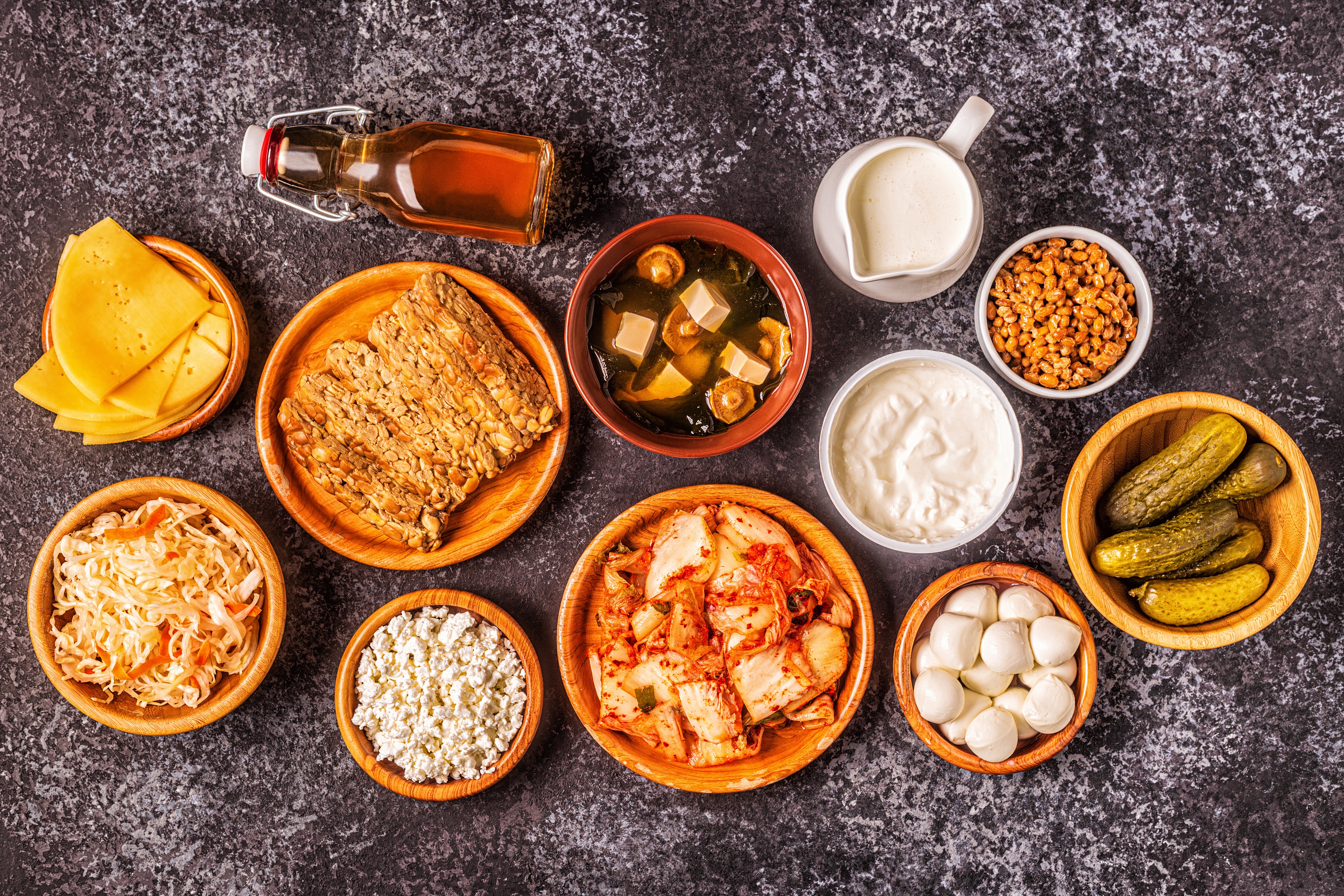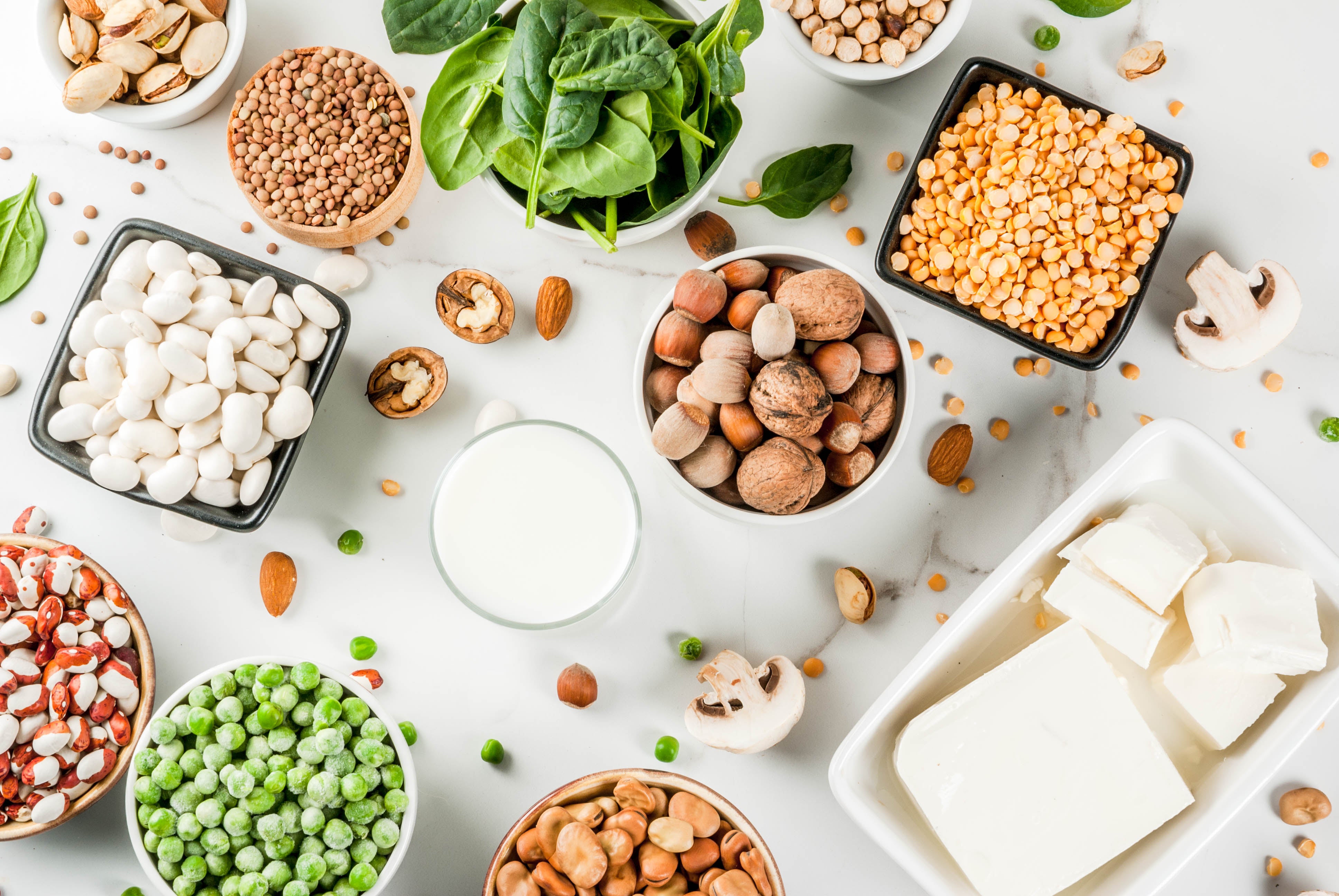Discover 4 Ways On How Probiotics Can Improve Your Child's Gut Health
Out of concern about what your child eats, you'll start to consider healthier options in the market. Perhaps you stumbled upon probiotics in the grocery or the local drugstore and asked, "How can probiotics help my child?"
Including probiotics in your child's diet will surely benefit not only their gut health but also their overall health. Thus, it can help ease any worry you have about their wellbeing.
In this article, let's dive into the discussion of the following concerns that parents like you will most likely wonder:
- Children's gut health How do probiotics work?
- How can probiotics help your child?
- What are the common types of probiotics you can give your child?
- Can probiotics hurt your child? Can a child overdose on probiotics?
- Tips on how to improve your child's gut health.
Children's Gut Health
As children get exposed to different environments such as schools and playgrounds, it is essential to give them extra protection against infections. After all, the childhood stage is also the time wherein their immune system is still developing.
Diarrhea caused by infectious diseases is one of the factors contributing to poor nutrition. Deficiencies in protein, vitamins, and minerals vital to growth and development can make a child underweight or stunted.
These are some reasons why probiotics' benefits for fighting infections and their role in digestion are being explored.
Ensuring your child has good gut health is key to the prevention of diseases and malnutrition.
How Do Probiotics Work?
The human gastrointestinal tract is home to various microorganisms contributing to the body's normal functioning.
As defined by the Food and Agriculture Organization, probiotics are live microorganisms that, in specific amounts, provide many health benefits to people consuming them.
Did you know that probiotics are the bacteria you want in your and your child's gut! These strains of "good bacteria" can protect your child from harmful bacteria.
How do they work? The ability of probiotic strains to grow in number and remain in the intestines can interfere with toxic bacteria that may invade the gut.
In addition, the increase of probiotic bacteria will leave less room for harmful bacteria to thrive in the intestines as they compete for nutrients.
Thus, taking probiotics shortens the length of time one experiences diarrhea, abdominal pain, and other symptoms from eating contaminated food and water.
How Can Probiotics Help My Child?
Now that you have an idea of how probiotics work, you will see the health benefits different strains of probiotic bacteria can give your child. Let's go over them one by one.
It promotes healthy digestion.
If your child experiences digestive issues, then probiotics might be of help.
Health professionals recommend probiotics as complementary medicine to treat severe cases of irritable bowel syndrome, diarrhea, and constipation.
A study also found that constipation and diarrhea are less common among children who consumed probiotic-containing fermented milk daily.
It enhances the immune system.
A study has been conducted exploring the positive effect of probiotics on children's immune systems. How? As probiotics enhance the gut microflora, so does a child's capacity to fight off invading toxins.
It supports growth and development.
Probiotics can help with a child's growth and development.
A study found that daily probiotic consumption improved the nutritional status of children. This is due to the fact that infections and diseases hamper a child's normal growth and development through poor nutrient utilization.
It can help treat infections and diseases.
Many studies have linked probiotics with the treatment of infections and diseases such as acute gastroenteritis, respiratory tract infection, yeast infection, and urinary tract infection.
Probiotics are also beneficial for children taking antibiotics as it helps ease side effects such as gastric discomfort and diarrhea.
What are the Most Common Types of Probiotic Bacteria That I Can Give to My Child?
Many strains of probiotic bacteria deliver different health benefits. The most common types that are commercially available are:
- Lactobacillus
- Bifidobacterium
- Saccharomyces boulardii
- Lactobacillus acidophilus
- Lactobacillus rhamnosus GG
- Saccharomyces boulardii
- Bifidobacterium bifidum
- Bacillus coagulans.
You can check these out on the label of food products with probiotic claims.
Can Probiotics Hurt My Child?
Probiotics are generally safe for consumption and will not bring harm to your child. After all, the body already recognizes probiotic bacterial strains, and side effects are rare.
As a caution, if your child has an existing medical condition, you must seek the pediatrician's advice before giving them any type of probiotic supplement.
Note that children with weakened immune systems, the critically ill, and those recovering from surgery are possibly at risk for infection from probiotics.
Can A Child Overdose On Probiotics?
It is possible for a child to consume probiotics beyond the amount that is needed. However, serious overdose cases are unlikely. There is only a few evidence supporting the harmful effects of overconsumption of probiotics for children.
The minor side effects your child may experience from probiotic consumption are bloating, diarrhea, and gastric discomfort.
On the one hand, possible risks of too much probiotic consumption are infections, resistance to antibiotics, and harmful substances that may be produced by probiotic bacteria.
Therefore, you should be careful to give your child proper doses of probiotics to prevent any untoward event. You can also consult a health professional for the level of probiotics your child can tolerate.
More Tips on How to Improve a Child's Gut Health
To prevent your child from developing digestive issues, you need to focus on taking care of their gut health. Here are foolproof ways to boost your child's gut health:

Give proper food portions.
Make sure to feed your child in amounts their digestive system can handle. You can use a guide in order to know how to divide your child's plate for healthy servings of protein, carbohydrates, and fruits/veggies.
Ensure variety in meals
Eating only one type of food will not be beneficial for your child's healthy growth and development. Ensure to include various foods that are good for gut health, such as high-fiber foods (berries, green leafy vegetables, and beans are excellent sources).
Avoid fast and processed foods.
Feeding your child a variety of healthy foods can be challenging. Kids nowadays prefer junk foods over vegetables and fast food over fruits.
Fresh whole foods are better for your child than foods rich in unhealthy amounts of fats and sugar. Instead, opt for healthier snack alternatives such as yogurt, cultured milk, and sourdough bread which are excellent sources of good bacteria.
Encourage physical activity
Limit your child's exposure to gadgets and encourage them to spend some outdoor time. Exercise promotes gut health, providing extra immunity for your child against infections.
No to antibiotics
Unless prescribed by a pediatrician, avoid giving your child antibiotics to treat minor infections such as colds, ear infections, and flu. Antibiotics can also kill your child's good bacteria in the gut.
Our Takeaway
A healthy gut makes for a happy child. Ensuring excellent gut health for your child is no easy feat. Probiotics are here to ease those worries away.
At a time of heightened panic over the rise of infectious diseases, you can count on probiotics to give your child extra protection. A balanced mix of good bacteria is vital in fighting toxic bacteria that may bring harm to a child's body.
You don't need to worry about your child's safety when it comes to probiotic supplementation. Probiotics are teeming with health benefits, and the risk of side effects is rare. Make sure to know when to consult with the pediatrician for healthy doses of probiotics for your child.
How Can Nuzest’s Kids Good Stuff Support Your Child’s Gut Health
Kids Good Stuff is an all-in-one nutritional support that also contains the happy tummy goodness that your child needs.
Our smoothie formula has Lactobacillus acidophilus and Bifidobacteria lactus, fiber, and dietary enzymes for good your kids’ digestion and gut support.
Here are more reasons why parents are choosing Nuzest’s Kids Good Stuff.
- It is suitable for everyone of all ages from 4 and up
- It is vegan, gluten-free, dairy-free, peanut-free, and non-GMO
- It is made from real food, including 11 different fruit and vegetables
- Loaded 20+ other vitamins and minerals to support immunity, digestion, concentration, and growth.
- It has 8g of plant-based protein per serve to aid growth and development.
- It provides long-lasting energy to help them live, learns, grow, and play.
What’s behind the formula of Kids Good Stuff and its probiotics? Find the secret here.
Kids Good Stuff
A solid foundation of protein, fruits and vegetables with added vitamins, minerals, probiotics and much more.

Disclaimer:
The information provided on Nuzest is for educational and informational purposes only. The information provided on this site is not, nor is it intended to be, a substitute for professional advice or care. Please speak to your qualified healthcare professional in the event that something you have read here raises questions or concerns regarding your health.
















